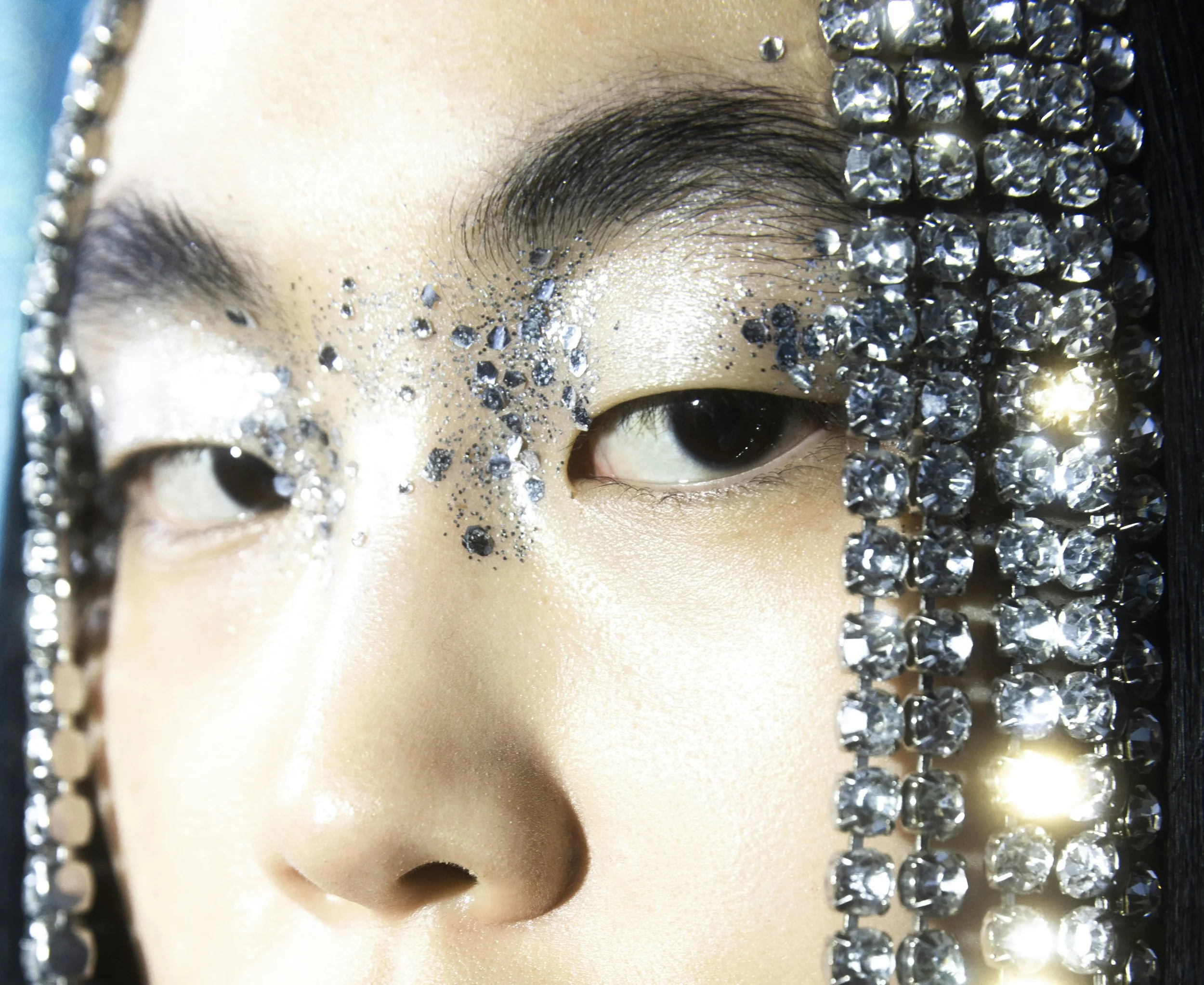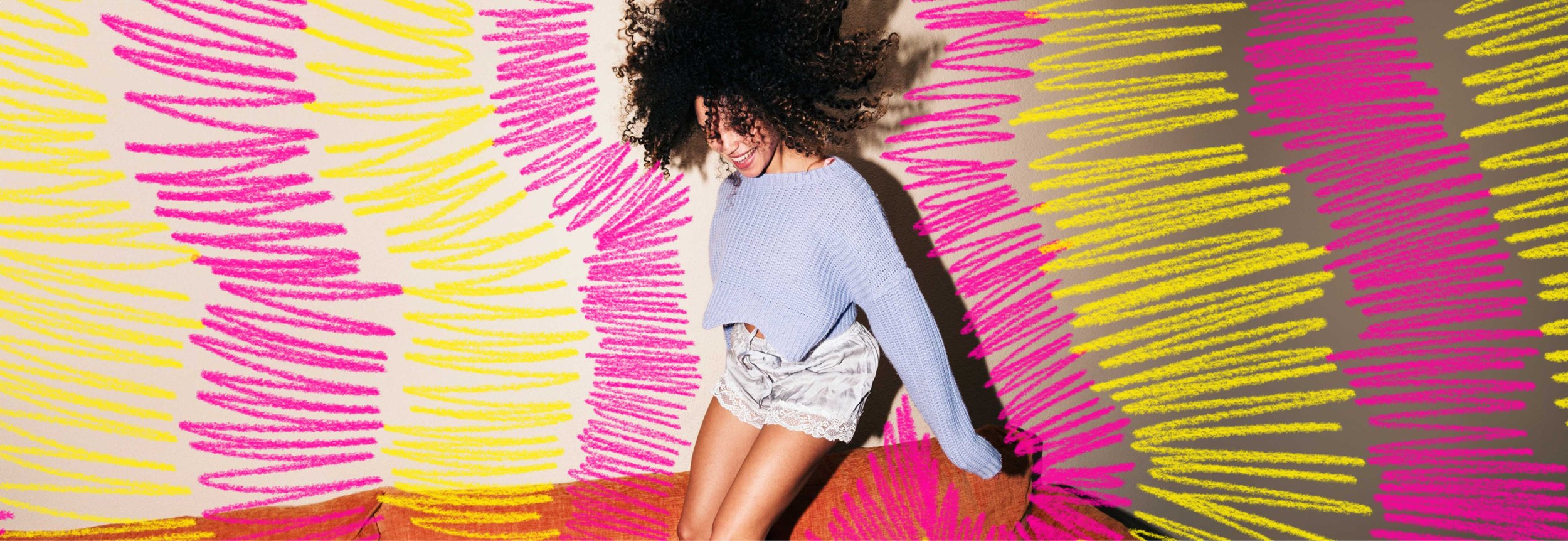
Bury Me In My Tchotchkes
The urge has always been there, embedded in my soul like an ammonite in rock: the urge to keep. Collecting is an intrinsic part of my ADHD – part symptom, part therapy, and fueled by the fear of forgetting.

I’m Not Messy. I’m Creating a System That Only I Understand.
My pride tries to see my current mess as creative chaos. I tell myself that clutter is communication, not failure, as this ADDitude piece puts it. But as I look at the laundry piles, I wonder if this is how I truly feel. The perfectionist in me misses my glamorous decor and structure, while my obsessive personality tells me I’m ashamed of my failed attempts to reclaim the perfectionism I used to shape my identity with.

Careers For When Your Brain Is A Pattern-Seeking Missile
Pattern recognition is often treated like a one-size-fits-all skill, but for neurodivergent minds, it’s anything but basic. It’s multi-dimensional, high-definition, and deeply personal. Depending on your neurological wiring, it might look like analytical precision, emotional intuition, spatial visualization, or obsessive error detection.

Introducing AuDHD-dar: The Neurodivergent Sixth Sense
Once I got to grips with my own neurodivergence, I started to intentionally seek out people like me. I realized that I could tell when someone was ND. I had a sort of sixth sense, and it helped me know who to trust and who to befriend. It turns out there’s a name for this sort of sixth sense. Well, several names. You’ve heard of gaydar or transdar – meet AuDHD-dar.

The Media Lied To You About Tourette’s
According to the Tourette Association of America, Tourette’s syndrome is a neurodevelopmental disorder characterized by sudden, involuntary movements and sounds called tics. Most people don’t actually know what the condition looks like — and how differently it presents itself in each person who has it. Instead, they’ve formed a stereotype shaped by one-liners and lazy tropes in television and movies, placing an added burden on people who actually have the condition to educate others.































































